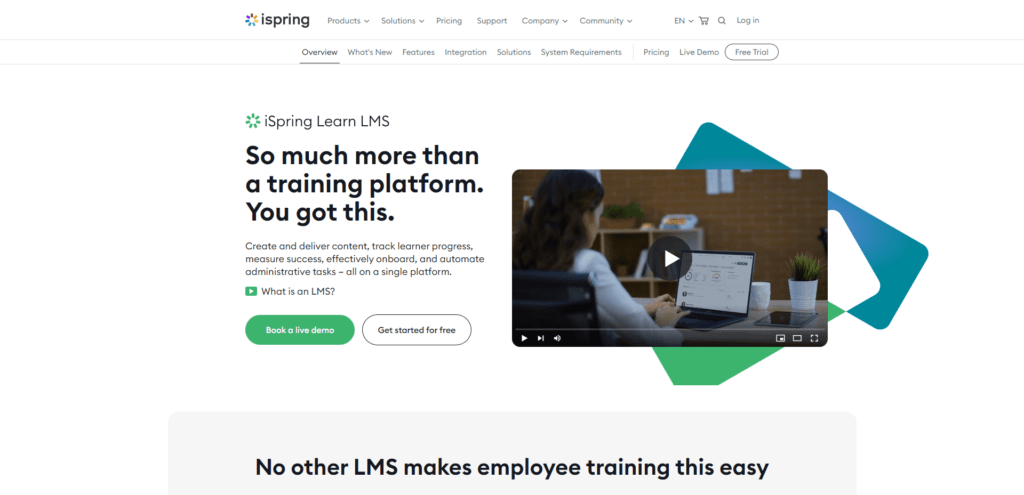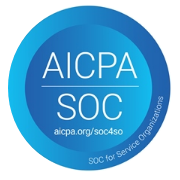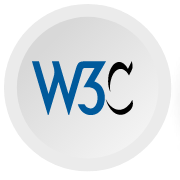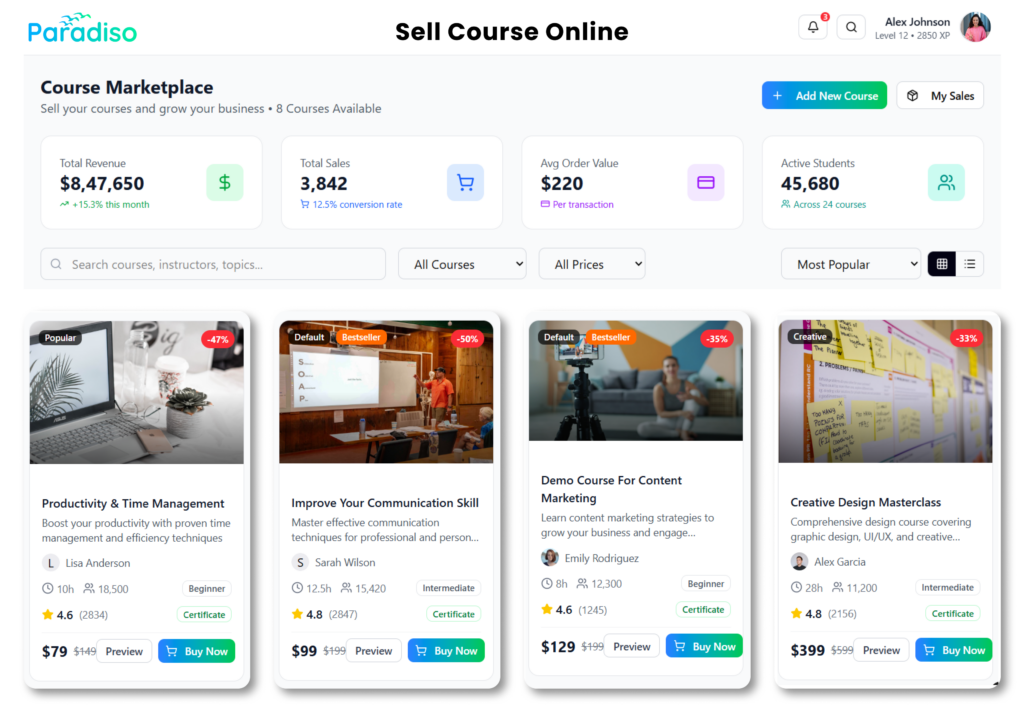Learning management systems (LMS) are powerful tools that can help nonprofits organizations create and deliver effective training programs. An LMS is a software application or web-based platform that allows organizations to plan, implement, and assess a specific learning process. With an LMS, nonprofits can create and manage online courses, track learner progress, and evaluate the effectiveness of their training programs. Additionally, LMS can be used to deliver training to a global audience, making them an especially useful tool for organizations, associations looking to reach a diverse and dispersed group of learners. In this blog, we will explore some of the best LMS for nonprofits and the features and benefits they offer.
What is learning management system (LMS)?
A learning management system (LMS) is a software platform that allows organizations to design, deliver, and track the progress of their training programs. It can be used to create and manage online courses, track learner progress, and evaluate the effectiveness of the training. LMS can be used in a variety of settings, including educational institutions, businesses, non-profits, and government agencies.
LMS offers a number of benefits for organizations looking to create and deliver effective training programs. They can help organizations save time and resources by reducing the need for in-person training sessions, which can be costly to plan and execute. LMS also offers flexibility in terms of delivery and accessibility, as training can be delivered at any time and from any location. This makes it easier for learners to access and complete courses on their own schedules. Additionally, LMS can help organizations reach a larger and more diverse audience, both domestically and globally. This can be especially useful for organizations looking to serve dispersed or underserved populations.
Importance of (learning management system) LMS for Nonprofits
- Cost-effectiveness: LMS can help nonprofits save money by reducing the need for in-person training sessions, which can be costly to plan and execute. With an LMS, training can be delivered online, reducing the need for travel and accommodations and allowing organizations to reach a larger and more diverse audience.
- Flexibility: LMS offers flexibility in terms of delivery and accessibility. Training can be delivered at any time and from any location, making it easier for learners to access and complete courses on their own schedules.
- Reach: LMS can help nonprofits reach a larger and more diverse audience, both domestically and globally. This can be especially useful for organizations looking to serve dispersed or underserved populations.
- Scalability: LMS is scalable, meaning that it can accommodate an increasing number of learners and courses as your organization grows. This makes them a valuable tool for organizations that are looking to expand their training efforts.
- Tracking and evaluation: LMS offer tracking and evaluation tools that can help nonprofits monitor learner progress and assess the effectiveness of their training programs. This can help organizations identify areas for improvement and make changes to their training programs as needed.
7 Best learning management system for Nonprofits
- Paradiso LMS
- Trakstar Learn
- SAP Litmos
- Totara Learn
- ProProfs LMS
- TalentLMS
- ISpring Learn
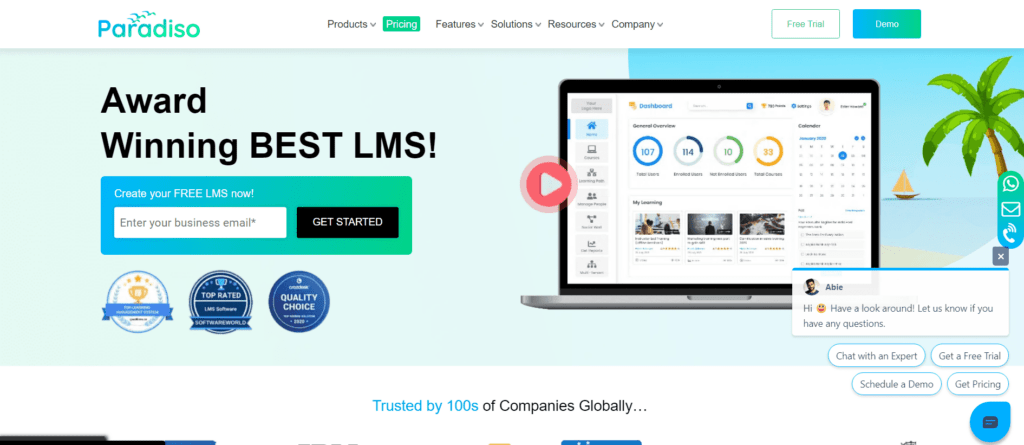
Paradiso LMS
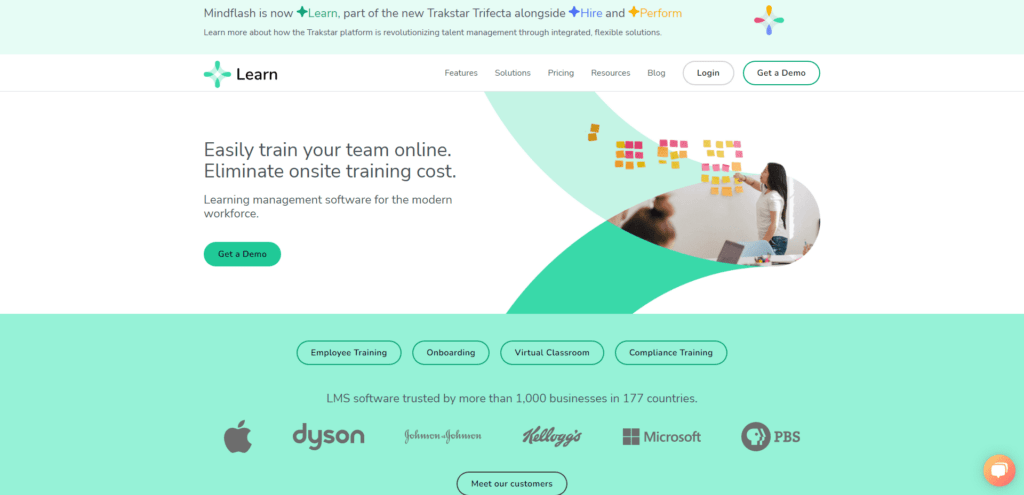
Trakstar Learn
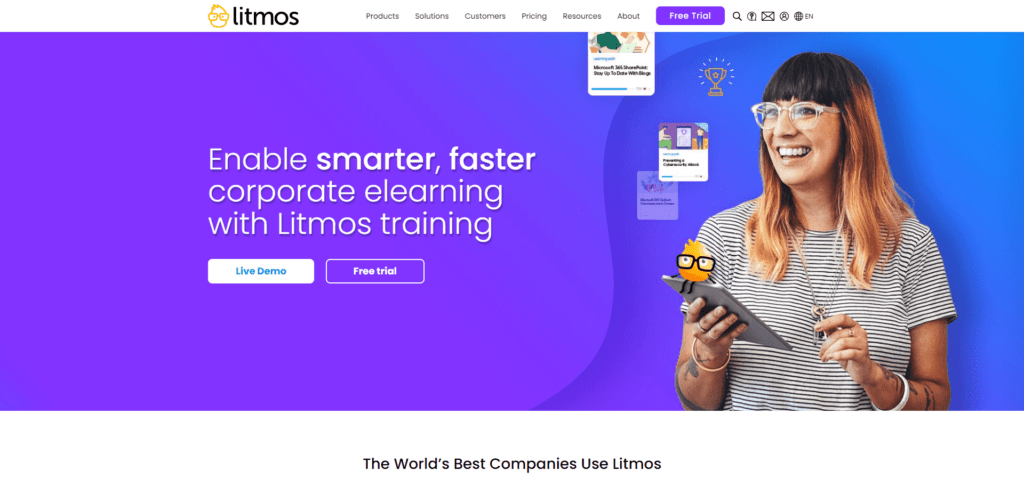
SAP Litmos
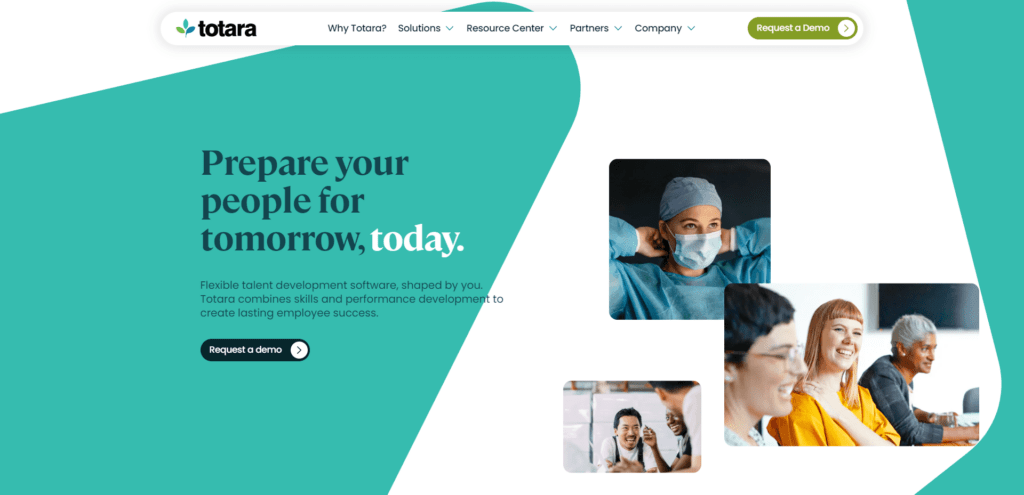
Totara LMS
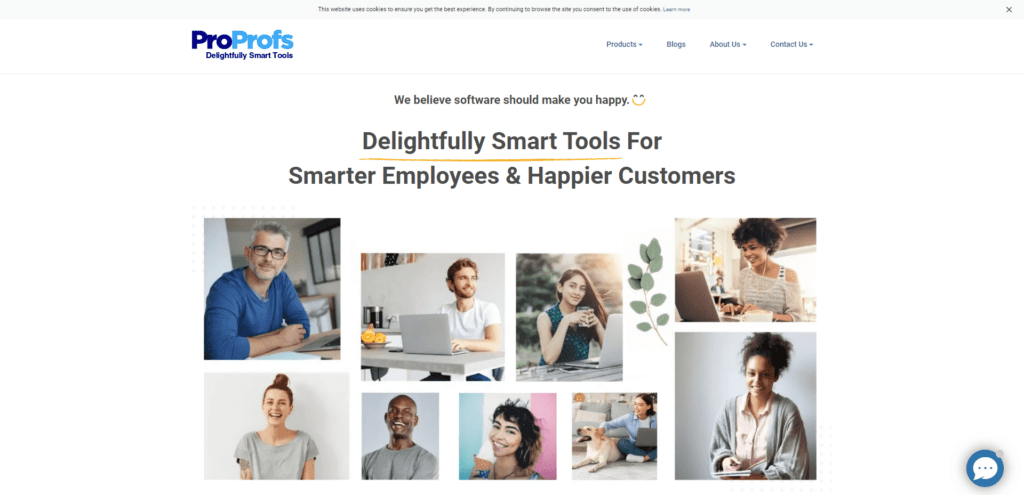
ProProfs LMS
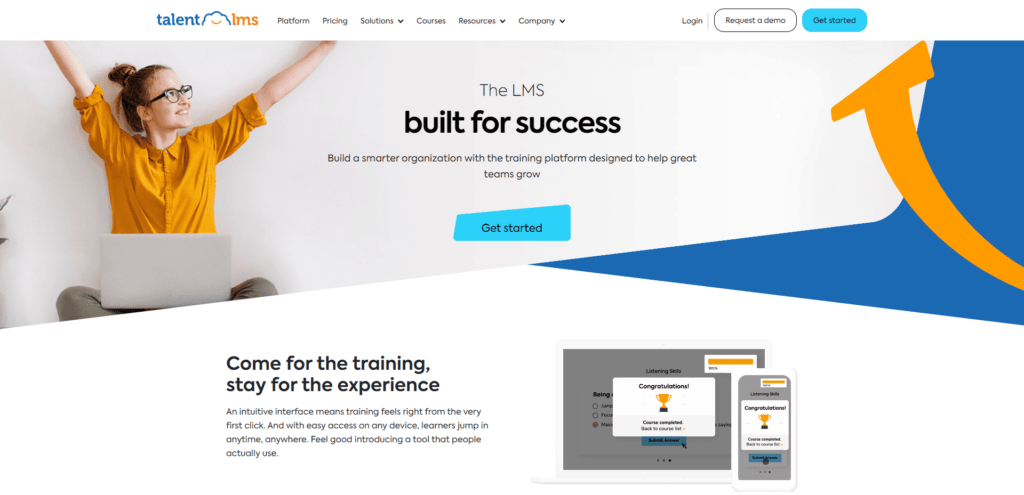
TalentLMS
